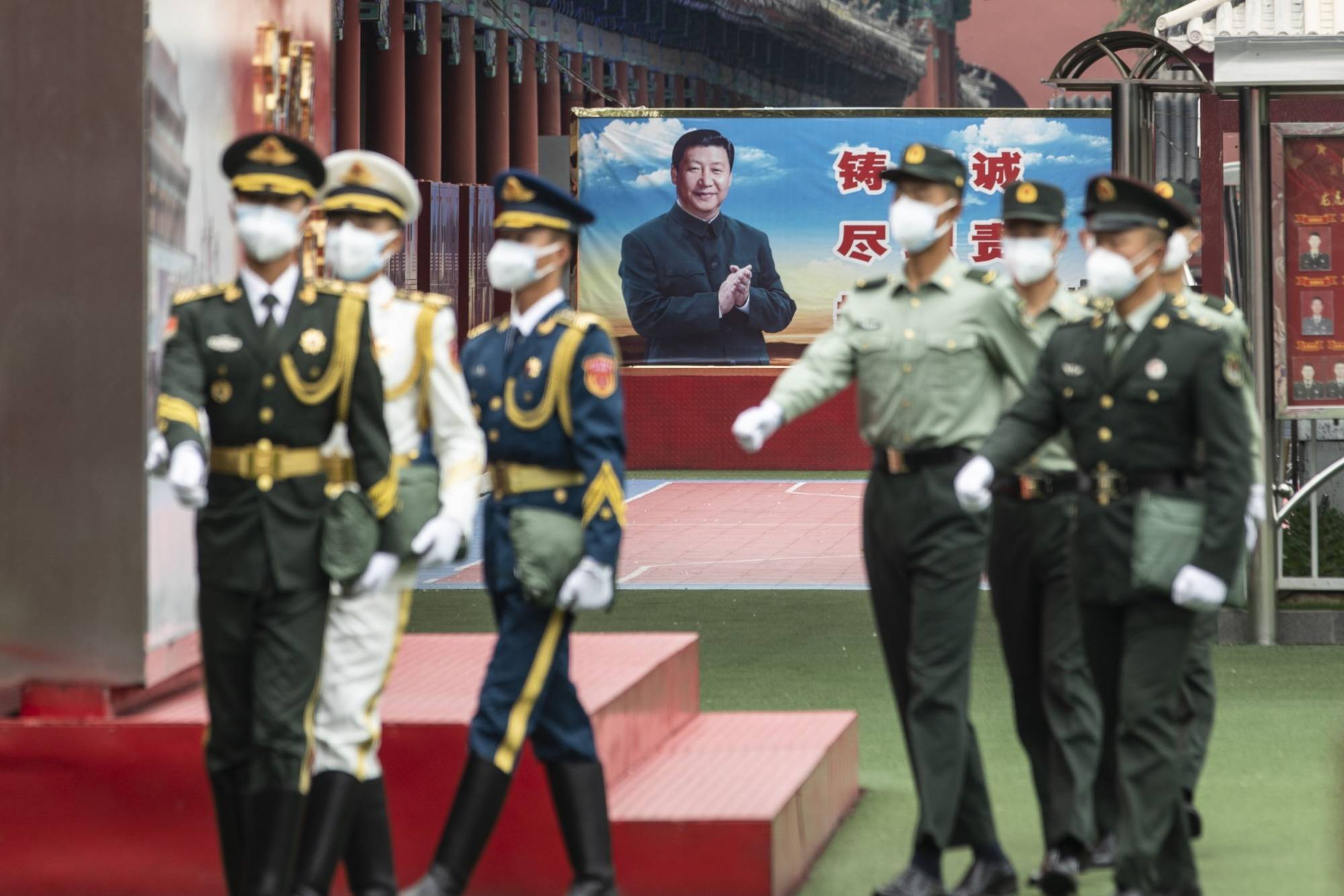For U.S. politicians, China’s potential to dominate sensitive cutting-edge technologies poses one of the biggest geopolitical threats of the next few decades. President Xi Jinping is similarly worried the U.S. will block China’s rise, and this week will unveil plans for greater self-sufficiency.
At an annual session of China’s legislature, top Communist Party leaders will approve a five-year policy blueprint to cut dependence on the West for crucial components like computer chips while also making big bets on emerging technologies from hydrogen vehicles to biotech. The push to mobilize trillions of dollars could help China surpass the U.S. as the world’s biggest economy this decade and cement Xi’s goal of turning the nation into a superpower.
"The most important thing is the magnitude of the ambition — this is bigger than anything Japan, South Korea or the U.S. ever did,” said Barry Naughton, a professor at the University of California, San Diego, and one of the world’s top researchers on China’s economy. "The ambition is to push the economy through the gateway of a technological revolution.”


















With your current subscription plan you can comment on stories. However, before writing your first comment, please create a display name in the Profile section of your subscriber account page.